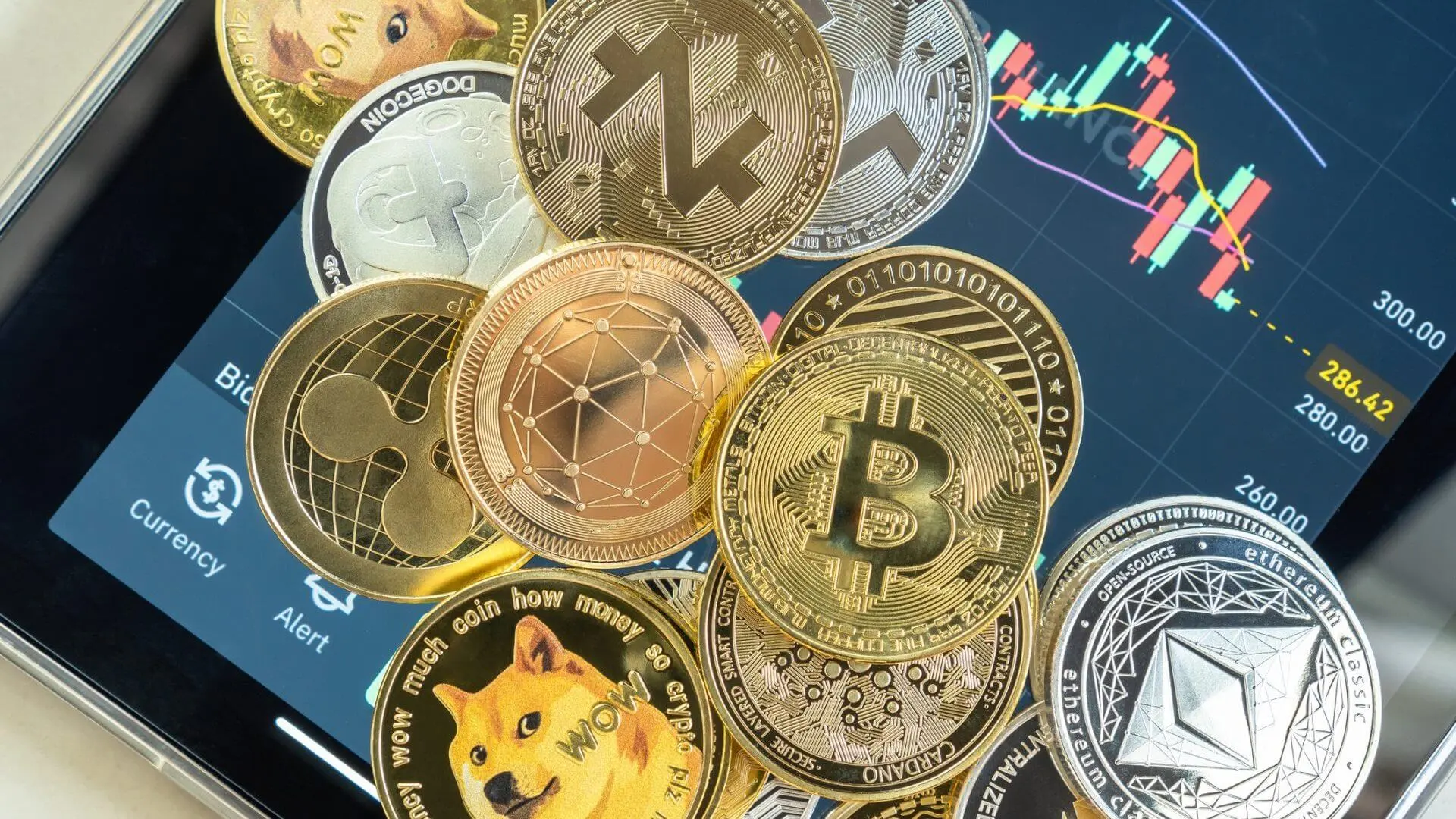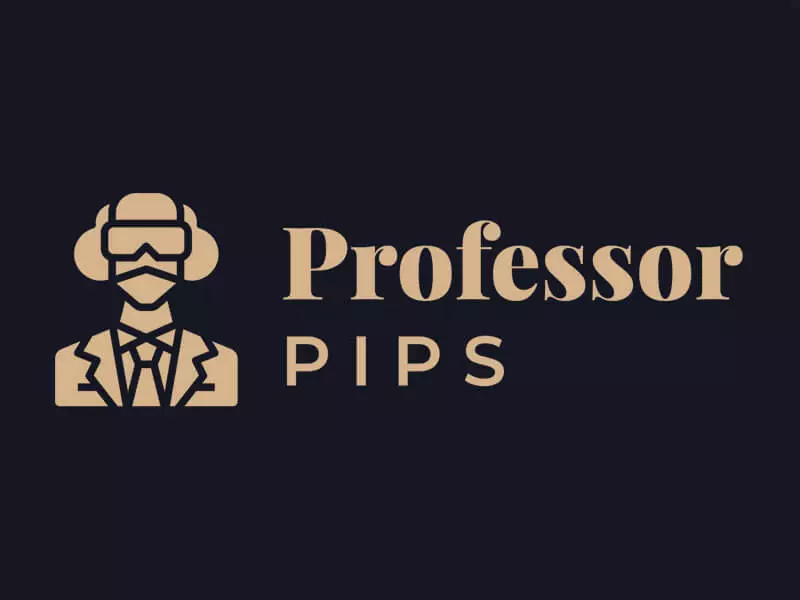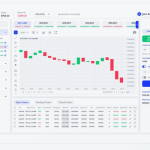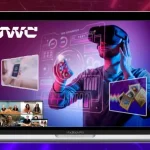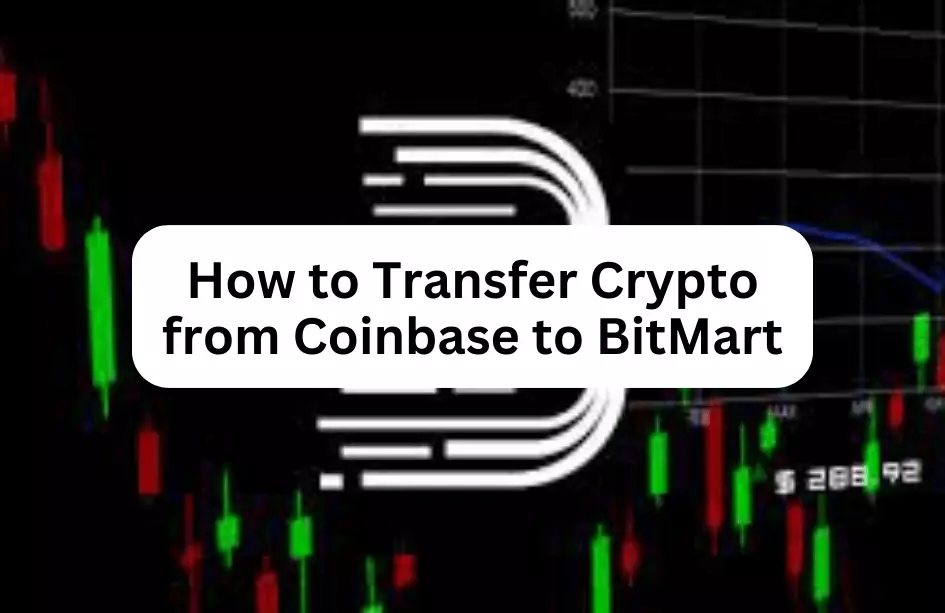
In the digital age, traditional assets are undergoing a revolutionary transformation through tokenization – the process of converting real-world assets into programmable tokens on a blockchain. This innovative approach enables fractional ownership, increased liquidity, and efficient management of assets previously confined to physical or illiquid markets.
As tokenization disrupts traditional finance and reveals new opportunities across various industries, DeFi consultants at a leading digital asset strategy consulting firm, Kenson Investments, explore the concept of tokenization, its applications across different asset classes, its impact on financial markets, and the future of programmable assets.
Content
What is Tokenization?
Tokenization represents a groundbreaking innovation in the realm of finance and technology, offering a paradigm shift in how traditional assets are represented, traded, and managed.
In essence, it involves converting real-world assets, such as real estate, securities, art, and commodities, into digital tokens on a blockchain network. Each token is uniquely identifiable, indivisible, and cryptographically secured, providing ownership rights and enabling peer-to-peer transfer without the need for intermediaries.
Tokenization allows assets to be divided into smaller units, known as fractional ownership, making them accessible to a broader range of investors and unlocking liquidity that was previously inaccessible. These tokens are programmable, divisible, and transferable, enabling fractional ownership, increased liquidity, and efficient asset management.
The Technology Behind Tokenization
Tokenization relies on blockchain technology to facilitate the issuance, transfer, and management of digital tokens. Blockchain networks, such as Ethereum, provide the infrastructure for creating and deploying tokens through smart contracts, self-executing agreements that automatically enforce the terms and conditions of tokenized assets. These smart contracts define the rules for token issuance, ownership, transfer, and redemption, ensuring transparency, security, and immutability of transactions.
Benefits of Tokenization
- Fractional Ownership: Tokenization allows assets to be divided into smaller units, enabling fractional ownership. This democratizes access to investment opportunities, as individuals can purchase fractions of high-value assets that were previously inaccessible due to high entry barriers.
- Increased Liquidity: By digitizing assets and enabling peer-to-peer transfer, tokenization enhances liquidity. Investors can buy, sell, and trade tokenized assets more efficiently, reducing transaction costs and minimizing settlement times compared to traditional markets.
- Efficient Asset Management: Tokenization streamlines the process of asset management by providing real-time visibility, tracking, and compliance monitoring. Smart contracts automate administrative tasks such as dividend distribution, voting rights, and regulatory compliance, reducing administrative overhead and enhancing operational efficiency.
- Global Accessibility: Tokenization transcends geographical boundaries, allowing investors from around the world to access and invest in a diverse range of assets. Digital tokens can be transferred seamlessly across borders, eliminating intermediaries and reducing friction in cross-border transactions.
- Diversification: Tokenization enables investors to diversify their portfolios by gaining exposure to a broader range of asset classes, industries, and geographies. By investing in tokenized assets across different sectors, investors can spread risk and mitigate exposure to market volatility.
- Cost Efficiency: Tokenization reduces the costs associated with traditional asset transactions, including brokerage fees, administrative expenses, and regulatory compliance costs. By eliminating intermediaries and automating processes, tokenization reduces friction in the asset market, resulting in cost savings for investors and issuers alike.
- Transparency and Security: Blockchain technology provides transparency and security in tokenized asset transactions. Every transaction is recorded on a distributed ledger, providing an immutable audit trail of ownership and transfer history. Cryptographic security measures ensure that transactions are secure, transparent, and tamper-proof, reducing the risk of fraud and unauthorized access.
Key Use Cases Of Tokenization
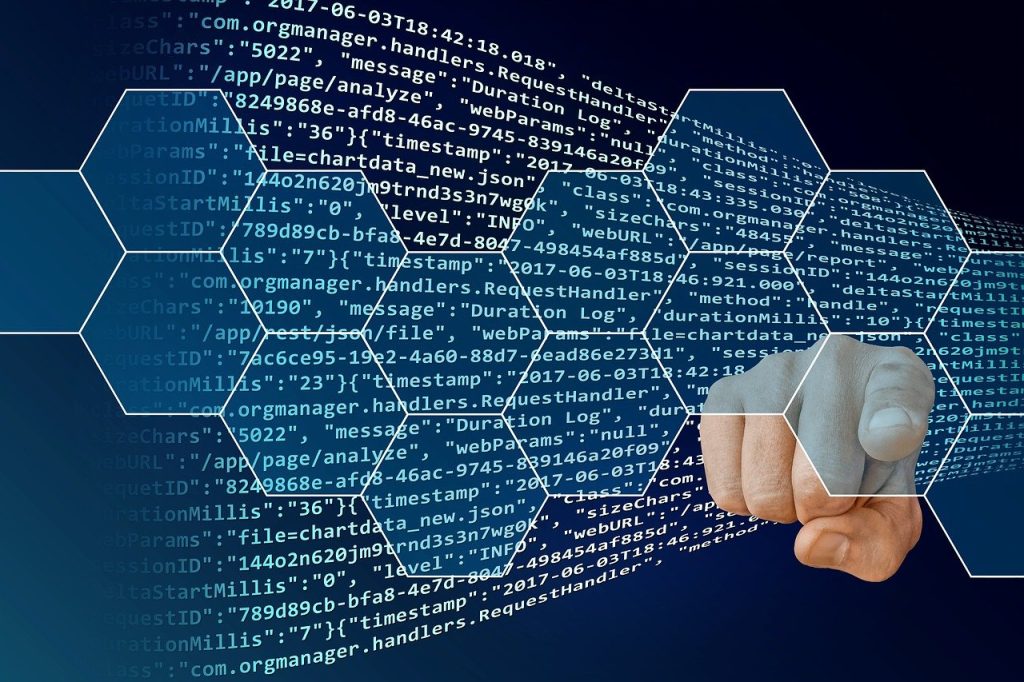
Real Estate
Tokenization enables fractional ownership of real estate properties, allowing investors to purchase digital tokens representing a share of the property. This fractional ownership model democratizes access to high-value properties, enhances liquidity in real estate markets, and provides investors with diversified investment opportunities.
Securities
Traditional financial instruments, such as stocks, bonds, and derivatives, can be tokenized to streamline issuance, trading, and settlement processes. Tokenized securities offer increased liquidity, reduced transaction costs, and improved market efficiency, making them attractive to both issuers and investors.
Art and Collectibles
Tokenization allows for the fractional ownership of artworks, collectibles, and luxury goods. Investors can purchase digital tokens representing a share of the asset, enabling them to invest in cultural assets and share in their appreciation over time. Tokenization also facilitates the trading of digital collectibles in online marketplaces.
Commodities
The tokenization of commodities, such as precious metals, energy resources, and agricultural products, provides investors with exposure to commodity markets. Digital tokens representing ownership rights to commodities can be traded on blockchain-based platforms, offering increased liquidity and accessibility to commodity markets.
Intellectual Property
Tokenization enables creators to monetize their intellectual property assets, including patents, copyrights, and trademarks. Digital tokens representing ownership rights to intellectual property assets can be traded on blockchain networks, allowing creators to receive royalties and investors to participate in revenue-sharing models.
Venture Capital and Startups
Tokenization offers a new method for raising capital for startups and venture capital funds. Startups can tokenize equity or revenue-sharing rights, allowing investors to purchase digital tokens representing ownership or profit-sharing rights in the company. Tokenization provides startups with access to a global pool of investors and simplifies the fundraising process.
Real-world Assets
Tokenization extends beyond traditional asset classes to include a wide range of real-world assets, such as carbon credits, intellectual property rights, royalties, and renewable energy assets. By digitizing and tokenizing these assets, issuers can unlock liquidity, improve transparency, and expand access to investment opportunities.
Supply Chain #Management
Tokenization can be used to track and trace goods throughout the supply chain, improving transparency, accountability, and efficiency. Digital tokens representing ownership rights to goods can be transferred between parties as they move through the supply chain, providing real-time visibility and reducing the risk of fraud or counterfeit products.
The Future of Tokenization
The future of tokenization holds immense promise for reshaping traditional finance and unlocking new opportunities across various industries. As blockchain technology continues to mature and regulatory frameworks evolve, we can expect to see increased adoption of tokenization across asset classes, geographies, and market segments. Tokenization has the potential to democratize access to investment opportunities, improve market efficiency, and foster financial inclusion on a global scale.
Key Trends And Developments Shaping The Future Of Tokenization
Broader Asset Classes
As tokenization technology matures, we can expect to see the tokenization of a wider range of asset classes beyond real estate, securities, and art. This includes assets such as intellectual property rights, carbon credits, renewable energy certificates, and even personal assets like vehicles and jewelry. Tokenization will democratize access to these assets, enabling fractional ownership and increased liquidity.
Interoperability
Interoperability between different blockchain networks and token standards will become increasingly important as the tokenization ecosystem expands. Cross-chain interoperability solutions will enable seamless transfer of assets between different blockchain networks, enhancing liquidity and accessibility for investors.
Regulatory Clarity
Regulatory frameworks governing tokenization are still evolving, but as regulators provide clearer guidelines and regulations, we can expect to see increased institutional adoption of tokenized assets. Regulatory clarity will provide confidence to investors and issuers, fostering growth and innovation in the tokenization market.
Integration with DeFi
Tokenization will play a key role in the growth of decentralized finance (DeFi) platforms, enabling the creation of new financial products and services. Tokenized assets can be used as collateral for loans, traded on decentralized exchanges, and integrated into automated liquidity protocols. This integration will democratize access to financial services and unlock new sources of liquidity in the DeFi ecosystem.
Fractional Ownership Economy
Tokenization will facilitate the rise of a fractional ownership economy, where individuals can invest in a diverse range of assets with small amounts of capital. Fractional ownership of high-value assets like real estate and art will become more accessible to retail investors, democratizing wealth creation and investment opportunities.
Digital Identity and Credentials
Tokenization can also be applied to digital identity and credentials, enabling individuals to tokenize their personal data, academic credentials, professional certifications, and other credentials. Tokenized credentials can be verified on the blockchain, providing a tamper-proof record of achievements and qualifications.
Sustainable Finance
Tokenization will play a crucial role in advancing sustainable finance initiatives, such as carbon trading and renewable energy financing. Tokenized carbon credits and renewable energy certificates can be traded on blockchain platforms, enabling transparent and efficient transactions that incentivize environmental conservation and clean energy production.
Emerging Technologies
Advancements in emerging technologies such as artificial intelligence, the Internet of Things (IoT), and 5G networks will further accelerate the adoption of tokenization. These technologies will enable new use cases and applications for tokenized assets, driving innovation and growth in the tokenization market.

Explore More DeFi Consultants with Kenson Investments
Tokenization holds the potential to democratize finance, unlock trillions of dollars in untapped value, and revolutionize the way we invest, transact, and interact with assets in the digital age. As investors and innovators embrace this transformative technology, the possibilities for tokenization are limited only by our imagination.
If you’re ready to explore the transformative potential of digital assets, partner with experienced digital asset consultants at Kenson Investments.
Whether you’re looking to diversify your portfolio, explore new opportunities in tokenized assets, or navigate the complexities of blockchain technology, seasoned experts at the digital asset strategy consulting firm specialize in investment analysis, portfolio management, and digital asset advisory services.
Call 1.800.970.2506 for success in digital age investments.
About the Author
Camron D. is a seasoned financial analyst and blockchain enthusiast with a passion for exploring the intersection of finance and technology. With 7 years of experience in the digital asset space, he has become a trusted authority on cryptocurrency investing, tokenization, and decentralized finance.
Disclaimer: The content provided on this blog is for informational purposes only and should not be construed as financial advice. The information presented herein is based on personal opinions and experiences, and it may not be suitable for your individual financial situation. We strongly recommend consulting with a qualified financial advisor or professional before making any financial decisions. Any actions you take based on the information from this blog are at your own risk.

Randal Daly has been following the crypto space since 2024. He is a passionate advocate for blockchain technology, and believes that it will have a profound impact on how people live their lives. In addition to being an avid blogger, Randal also enjoys writing about developments in the industry as well as providing useful guides to help those who are new to this exciting frontier of finance and technology.



